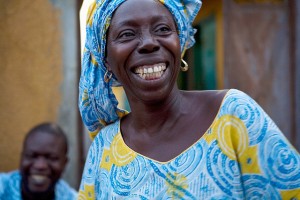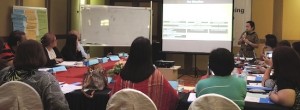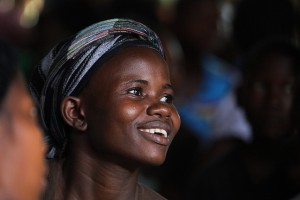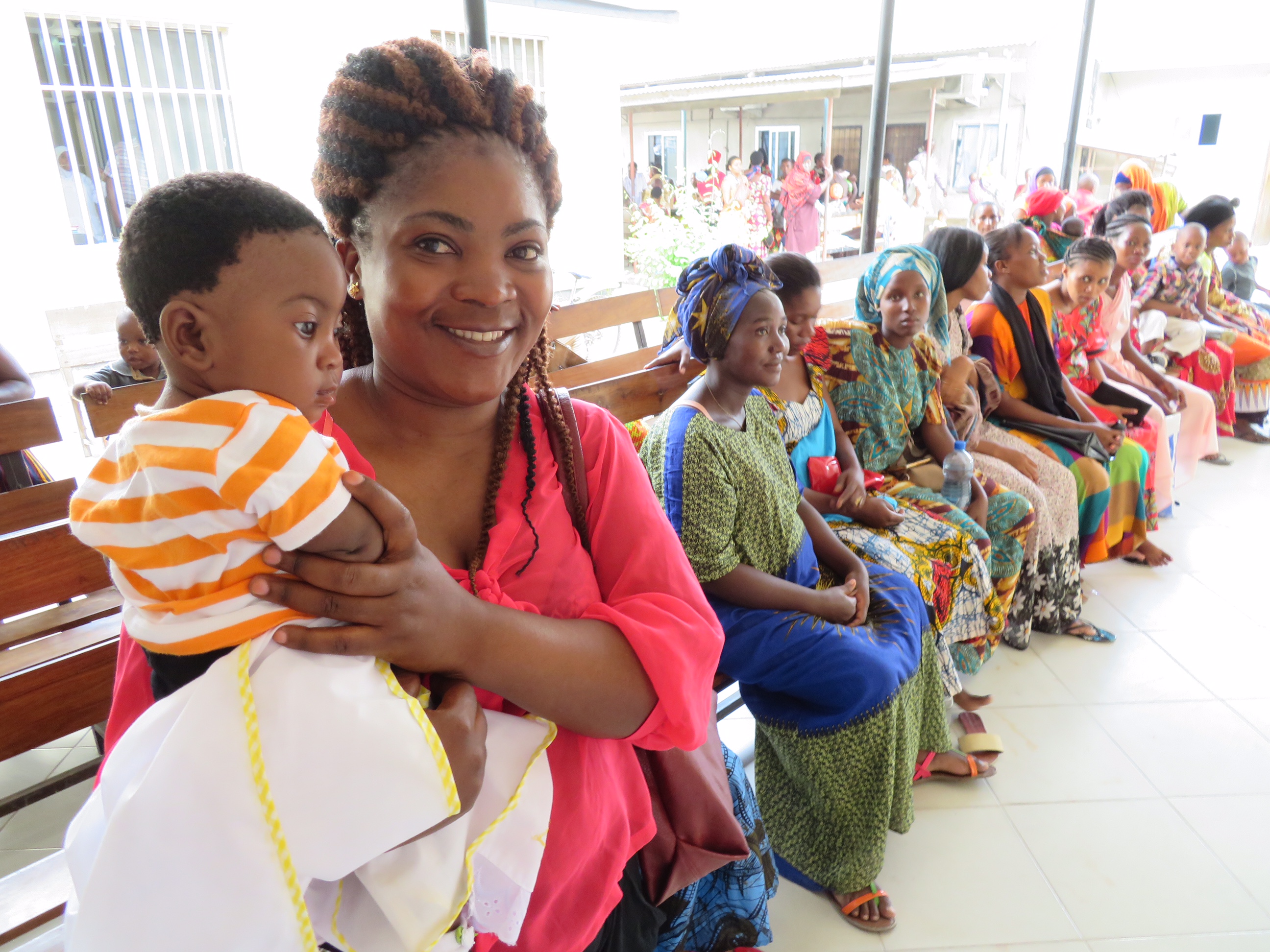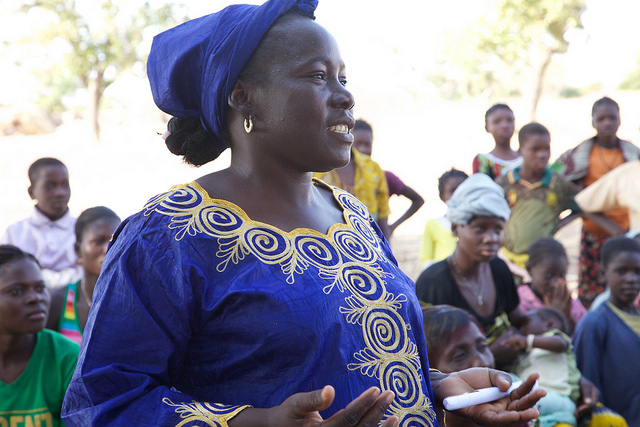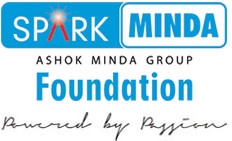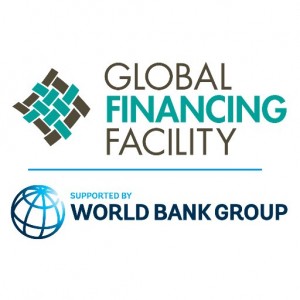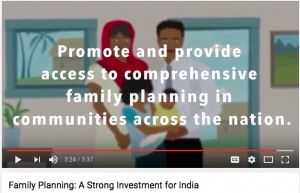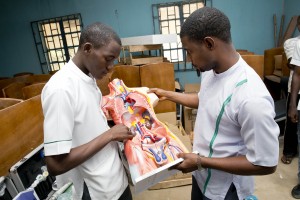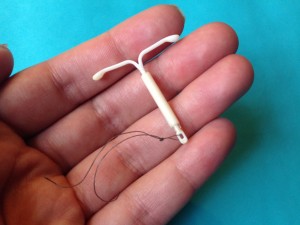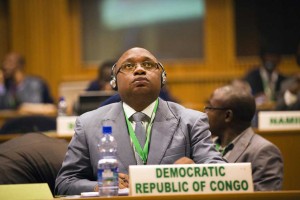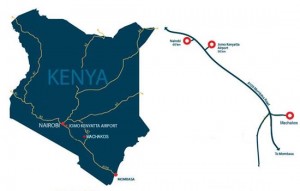View the latest family planning advocacy news from our partners.
Twenty Senegalese mayors committed to invest a total of 21.5 million FCFA (approximately US $37,700) for family planning for the women in their communities.
On March 8, 2017 the Regional Development Council XI of Davao, Philippines approved and signed two resolutions that will spur the local implementation of President Duterte’s Executive Order (EO) No. 12 that mandates “Zero Unmet Need for Modern Family Planning by 2018.”
The government of Burkina Faso’s new three-year costed implementation plan for family planning increased activities dedicated to adolescents and young people to 30% of all outlined activities—compared to the 14% of activities in the 2013-2015 plan. This significant increase means that Burkina Faso is aiming well beyond the target set by the Youth Think Tank of the Ouagadougou Partnership in 2017: for 15% of activities to focus on youth.
On May 2, 2017, Tanzania's government showed strong support for maternal and child health by increasing the annual family planning budget by 180% from Tshs. 5 billion in 2016/17 to Tshs. 14 billion in 2017/18.
In April, 15 mayors in Burkina Faso jointly committed to prioritizing family planning in their communes. The mayor of Koudougou alone pledged to allocate 10,497,500 FCFA, (US $17,496) for family planning. The other mayors in attendance will determine their allocations after meeting with their municipal councillors.
In February 2017, Spark Minda, one of India¹s leading manufacturers of automobile components, incorporated family planning into its corporate social responsibility program for the first time. As part of an agreement to improve awareness and generate demand for family planning, Spark Minda allocated 402,500 Indian rupees (US $6,015) for conducting sensitization workshops on family planning and reproductive health.
On April 24, 2017 the Global Financing Facility Investors Group (GFF IG) approved the GFF Civil Society Engagement Strategy to meaningfully involve nongovernmental stakeholders across sub-national, national, and global levels.
Pathfinder International, in collaboration with Population Reference Bureau and Advance Family Planning, launched a new video this month to encourage national and multinational businesses in India to invest in family planning through their corporate social responsibility (CSR) initiatives.
On April 28, 2017, the Nigerian Minister of Health released an updated training curriculum for Community Health Extension Workers (CHEWs) to include guidance on providing long-acting reversible contraceptives (LARCs). The revision builds on Nigeria’s 2014 task-sharing policy that authorizes CHEWs to provide women with implants and intra-uterine devices, both LARC methods.
After three community health centers in in Agra district, Uttar Pradesh, India began providing postpartum intra-uterine contraceptive device (IUD) services, each of the facilities recorded a significant service uptake – 21% in Barauli Aheer, 15% in Bichpuri, and 10% in Kheragarh respectively.+ Between December 2015 to March 2017, a total of 5,939 women delivered at these facilities and, of those women, 895 chose an IUD as their postpartum family planning method.
In December, the Government of the Democratic Republic of Congo (DRC) made US $1 million available to UNFPA for the purchase of contraceptives. The release of funds follows through on a commitment made at the Third National Conference on the Repositioning of Family Planning in December 2014.
On March 1, 2017, Kenya's Machakos County launched its first family planning costed implementation plan (2017-2021). The plan lays the groundwork for family planning prioritization, coordination and budgeting in the county, and will help guide resource mobilization efforts.


